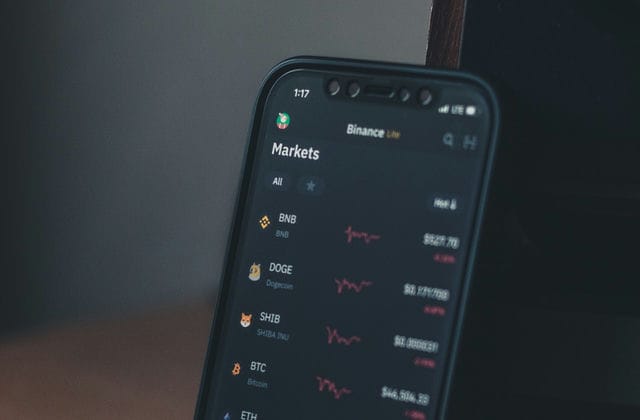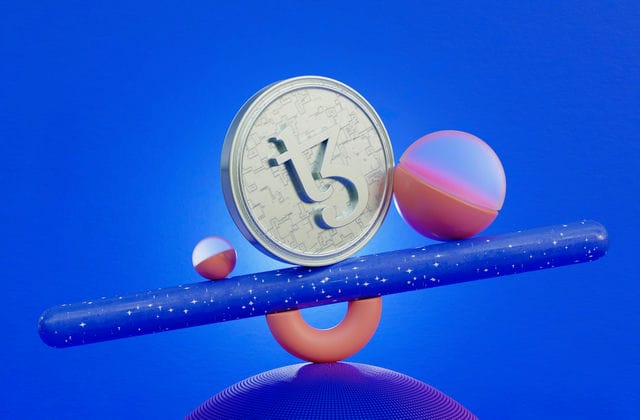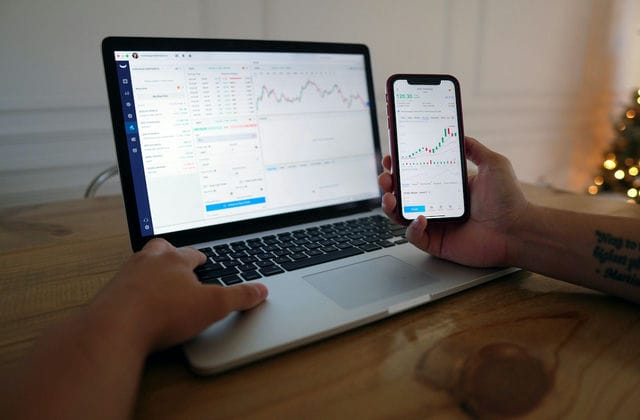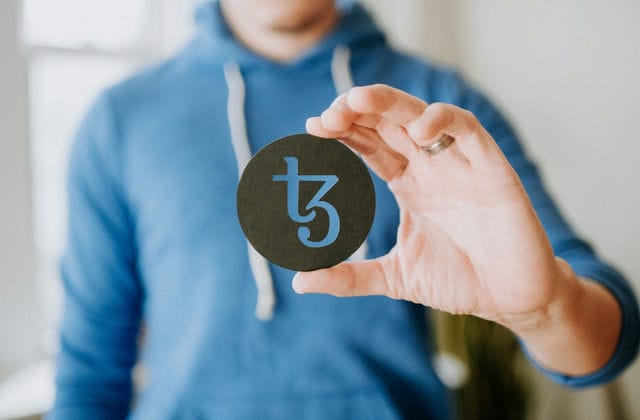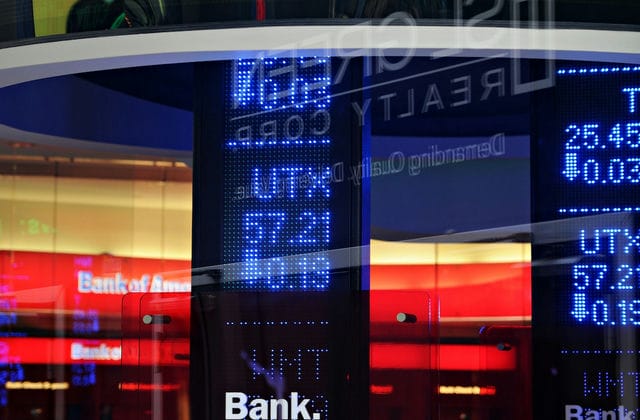Why buy GBTC instead of buying BTC directly?
The common doubt most people have is why make it so complicated and why not just buy BTC directly? There are two main reasons.
Convenience For traditional market investors, it can be quite a hassle to spend extra time learning how to safely operate and store cryptocurrencies, and over 70% of Grayscale's clients are institutional investors with large investments that could result in a significant loss of assets if they are not careful.
With GBTC, Grayscale takes care of all the details of investing in the actual bitcoin, Grayscale buys the cryptocurrencies and holds them in a single place. profits.
GBTC is currently the only bitcoin investment commodity available on the stock market for trusts and many other traditional financial instruments such as the Global Fintech Fintech Fund. Due to regulatory issues, there is no way to directly include bitcoin as an underlying asset allocation. GBTC itself is a listed but unlisted 'security', which means that it can be an investment in Individual Retirement Accounts (IRAs) and trusts. As such, GBTC is one of the few options for these trusts to invest in Bitcoin.

What are the disadvantages of GBTC?
High fees GBTC has a 2% annual fee that would not be incurred if investing directly in Bitcoin. This is much higher than the current 0.4% total management fee for similar instruments in the traditional financial markets such as the GLD Gold ETF, which has a lot to do with the risk of the instrument and the level of competition in the market.
The financial markets are closed GBTC does not follow the price of Bitcoin in real time. Once the price of BTC falls sharply during a break, there is no way for GBTC investors to get out of the market, so it is often easy to see a short jump when the market opens on Monday.
As mentioned above, GBTC is currently the only bitcoin security available on the stock market, and is one of the few options available on the open market for investors in the traditional financial markets or institutional investors who want to invest in bitcoin and do not want to take management risk. However, limited supply and demand outstripping supply can lead to a price differential between GBTC and BTC, with GBTC premiums reaching 132.6% in 2017/5 and approximately 36.6% as of 5/24.
The premium issue is both an advantage and a disadvantage for investors, as GBTC can outperform the spot price of Bitcoin when investors flood in, rising more than Bitcoin, and falling faster than Bitcoin when investors flee in a big way. In the future, as more competing commodities or bitcoin ETFs come through the market and investors have more options, the premium scenario will be significantly better and more in line with the actual price of bitcoin.
GBTC's impact on the BTC price
Some may feel that it is BTC that affects the price of GBTC rather than GBTC affecting the price of BTC, however, this is not the case as the number of BTC held by GBTC was 170,000 BTC in 2017/10, 182,000 BTC in 2018/3 and as of 2019/4 the number of BTC held by GBTC has come to 225,638 BTC.
In simple terms, in response to the growing demand, Grayscale will acquire BTC from the market and issue additional shares of GBTC to investors in the market, which will result in less BTC circulating in the market, which in turn will lead to an increase in the price of BTC. the increasing number of BTC held by GBTC also means that the interest of institutional investors in BTC is growing, as GBTC's investors, most of whom are from institutional investors.

Although GBTC itself can be traded on the financial markets, it has not yet been approved by the SEC for exchange trading and is only a listed and unlisted financial instrument, and can only be traded over-the-counter by institutional investors who can take higher risks. The growing demand for GBTC also means that institutional investors are still interested in cryptocurrencies, and the recent adoption of ETHE by FINRA is believed to bring a larger market and more demand for ETH, allowing traditional investors to invest in cryptocurrencies in a way they are familiar with and without the security risk.
GBTC, ETCG to ETHE are just the beginning and as the asset class grows, competition increases and premiums gradually decrease, you may find that the impact of these financial commodities will, in the near future, be even bigger than we thought.















